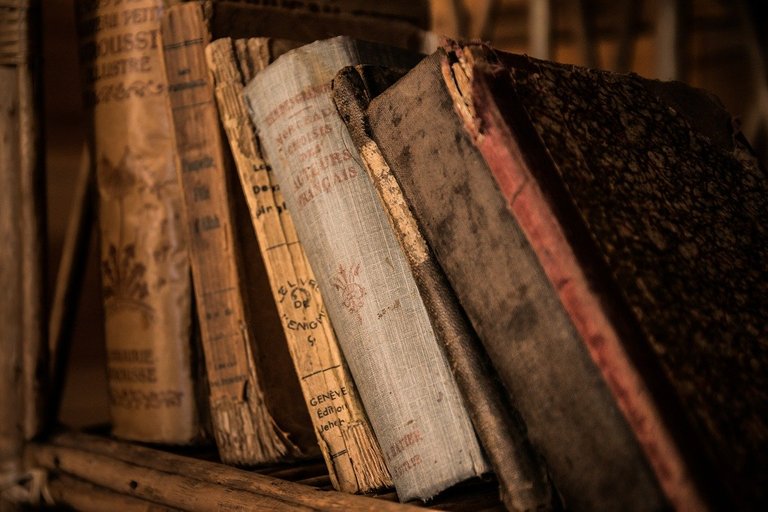La borghesia polverosa, le sue cupe e losche atmosfere, i toni noir del racconto e gli ambienti fumosi, i pensieri scritti, i periodi brevi, il ritmo lento dei flashback e quello più serrato del tempo presente. Ed ancora, l’inquietudine, la routine, i sentimenti raffreddati, la noia del conformismo, le distanze, il modo borghese di pensare la famiglia e gli stessi nomi dei protagonisti fanno de “La Ferocia” di Nicola Lagioia il romanzo moraviano del nuovo millennio.

L’indifferenza degli anni Trenta e la noia degli anni Sessanta, diventano, negli anni Duemila, rabbia repressa, ferocia, volontà e desiderio di vendetta e di rivalsa. Lagioia, però, o meglio, i suoi personaggi, fanno un passo avanti. Laddove i fratelli moraviani, Michele e Carla restavano fermamente convinti della loro incapacità di azione e, sino alla fine, inerti perché sempre combattuti tra il desiderio di agire e la volontà di non farlo, nel romanzo di Nicola Lagioia, Michele e Clara (Carla e Clara, stiamo lì) invece, agiscono eccome!
Quella che mettono in atto i due fratelli de “La ferocia” è una subdola e sibillina vendetta – abilmente e inevitabilmente servita fredda – che si rivela un pericolosissimo gioco condotto a quattro mani, iniziato da Clara e portato a termine da Michele. A metà strada, un passaggio di testimone non premeditato ma possibile grazie ad un feeling speciale tra i due e ad un magnetismo fatale, capace di sprigionare luce o diffondere oscurità in base a quello che i due si portano dentro e dietro.
Apparentemente fermi e vittime della loro condizione, Michele e Clara restano tutt’altro che indifferenti, trasformando i loro limiti e le devastanti angherie psicologiche subite in un’arma a doppio taglio, così da sacrificarsi non senza trascinare nel baratro, con loro, i veri colpevoli. Un martirio punitivo necessario, quanto meno per tentare di conferire un nuovo ordine alle cose e una certa indispensabile serenità, cominciando a (ri)costruire sulle rovine.
Anche la secchezza del titolo fa eco a Moravia, ma è nelle definizioni e nelle sensazioni suscitate dai termini che Lagioia lo supera. I titoli di Moravia son statici (“La Noia”, “Gli indifferenti”) mentre “La ferocia” cela il senso dell’attacco, dello spostamento, dell’aggressione, della volontà, finalmente, di gridarla questa insofferenza e di prenderla a schiaffi.
Una sferzata di energia, una scarica di adrenalina per vedere l’effetto che fa. Altrettanto specularmente a Moravia, Lagioia dimostra di essere perfettamente un uomo del suo tempo capace, per questo, di leggere e raccontare la contemporaneità. In questo solco moraviano, Nicola Lagioia scrive un libro sulla borghesia, contro la borghesia ed è curioso che – come Moravia, sebbene in epoche e modi diversi - Lagioia con “La ferocia” si aggiudica il Premio Strega 2015.
ENG
The dusty bourgeoisie, its dark and shady atmospheres, the noir tones of the story and the smoky environments, the written thoughts, the short periods, the slow rhythm of flashbacks and the tighter rhythm of the present time. And again, the restlessness, the routine, the cold feelings, the boredom of conformism, the distances, the bourgeois way of thinking about the family and the very names of the protagonists make "La Ferocia" by Nicola Lagioia the Moravian novel of the new millennium .

The indifference of the thirties and the boredom of the sixties become, in the 2000s, repressed anger, ferocity, will and desire for revenge and revenge. Lagioia, however, or rather her characters, take a step forward. Where the Moravian brothers, Michele and Carla remained firmly convinced of their inability to act and, until the end, inert because they were always torn between the desire to act and the will not to do so, in the novel by Nicola Lagioia, Michele and Clara (Carla and Clara, we're there) instead, they act and how!
What the two brothers of “La ferocia” put into action is a subtle and cryptic revenge - skillfully and inevitably served cold - which turns out to be a very dangerous game played by four hands, started by Clara and completed by Michele. Halfway, a passing of the baton not premeditated but possible thanks to a special feeling between the two and a fatal magnetism, capable of releasing light or spreading darkness based on what the two carry inside and behind.
Apparently still and victims of their condition, Michele and Clara remain anything but indifferent, transforming their limits and the devastating psychological oppressions they suffered into a double-edged sword, so as to sacrifice themselves, not without dragging the real ones into the abyss, with them. guilty. A necessary punitive martyrdom, at least to try to give a new order to things and a certain indispensable serenity, starting to (re) build on the ruins.
Even the dryness of the title echoes Moravia, but it is in the definitions and sensations aroused by the terms that Lagioia surpasses it. Moravia's titles are static ("La Noia", "Gli indifferenti") while "La ferocia" hides the sense of attack, displacement, aggression, the will, finally, to shout this impatience and to slap it .
A burst of energy, a rush of adrenaline to see the effect it has. Equally specular to Moravia, Lagioia proves to be perfectly a man of his time capable, for this reason, of reading and telling the contemporary world. In this Moravian furrow, Nicola Lagioia writes a book on the bourgeoisie, against the bourgeoisie and it is curious that - like Moravia, albeit in different times and ways - Lagioia with “La ferocia” wins the 2015 Strega Prize.
Posted using Dapplr